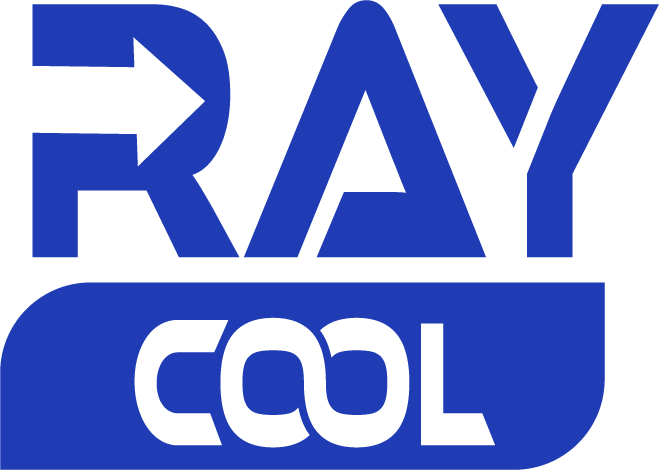Elevating Medical Device Precision Through CNC Medical Equipment Parts
The Importance of Precision in Medical Devices
Precision is a critical factor in the functionality and safety of medical devices. Every component must meet exact specifications to ensure that the device performs reliably in diagnosis, treatment, or surgery. CNC medical equipment parts provide the high level of accuracy required in manufacturing, reducing errors and improving device consistency. With advanced CNC machining, manufacturers can achieve micron-level tolerances that are essential for sensitive medical applications, where even the slightest deviation could impact patient outcomes.
Accurate parts improve device reliability and contribute to consistent clinical performance, which ultimately supports better patient care.
How CNC Machining Enhances Component Accuracy
CNC machining uses computer-controlled tools to produce parts with exceptional dimensional accuracy. This technology allows for the precise shaping, drilling, and finishing of components used in medical devices. Complex geometries that would be difficult or impossible to achieve with manual methods become routine with CNC processes. This level of control ensures parts fit together perfectly and function as intended within sophisticated assemblies.
By reducing variability between batches, CNC machining ensures that every component adheres strictly to design parameters, supporting regulatory compliance and quality assurance.
Customization and Repeatability in Medical Parts Production
Tailoring Parts to Specific Medical Applications
Medical devices often require bespoke components designed for unique functions. CNC medical equipment parts can be customized to meet these specialized needs, whether for surgical instruments, diagnostic machines, or implantable devices. This flexibility enables manufacturers to produce components with exact dimensions, surface finishes, and material properties suited to the application.
Customization also accelerates innovation by allowing rapid prototyping and iterative improvements without sacrificing precision or manufacturing efficiency.
Ensuring Consistent Quality at Scale
Repeatability is crucial when producing medical equipment parts in volume. CNC machining excels at delivering consistent quality across large production runs, which is vital for maintaining the safety and effectiveness of medical devices. Automated CNC systems reduce human error and variability, ensuring each part matches the approved specifications.
Consistent quality control supports regulatory approval processes and builds confidence among healthcare providers and patients alike.
Impact on Device Performance and Patient Outcomes
Enhancing Mechanical Functionality
Precision-machined CNC medical equipment parts contribute directly to the mechanical performance of devices. Tight tolerances reduce unwanted movement, friction, and wear in moving parts, leading to smoother operation and longer device lifespans. For example, surgical tools with finely machined tips enable more delicate and controlled procedures, improving surgeon accuracy and patient safety.
The reliability provided by these parts also reduces the risk of device failure during critical medical procedures.
Supporting Biocompatibility and Sterility
Surface finish and material integrity are essential for biocompatibility and sterilization. CNC machining produces smooth, defect-free surfaces that reduce bacterial adhesion and facilitate effective sterilization. Accurate machining also allows for the use of biocompatible materials such as titanium and stainless steel, which meet stringent medical standards.
These factors ensure that devices incorporating CNC parts are safe for patient contact and minimize infection risks.

Advancing Medical Technology with CNC Machining
Enabling Miniaturization and Complex Designs
Medical technology trends favor smaller, more intricate devices that require components with complex geometries. CNC medical equipment parts enable the production of miniature parts with high precision, supporting the development of minimally invasive surgical tools, implantables, and diagnostic sensors. Multi-axis CNC machines can handle these complexities, producing parts that combine multiple features in a single component.
This capability opens new frontiers in medical device innovation and improves patient comfort and treatment options.
Integrating with Additive Manufacturing
Combining CNC machining with additive manufacturing allows for hybrid production methods that enhance precision and design flexibility. Additive processes create complex shapes layer by layer, while CNC machining refines critical surfaces and features for superior accuracy. This integration supports the production of advanced medical devices that meet demanding performance and safety criteria.
FAQ
How do CNC medical equipment parts improve device precision?
They provide micron-level accuracy and consistent dimensional control essential for medical device functionality.
Can CNC machining accommodate complex and miniature medical parts?
Yes, multi-axis CNC machines can produce highly intricate and small components for advanced medical devices.
Why is surface finish important for medical equipment parts?
Smooth, defect-free surfaces reduce infection risks and support effective sterilization.
How does CNC machining support innovation in healthcare?
By enabling rapid prototyping and complex part production, CNC machining accelerates the development of new medical technologies.

